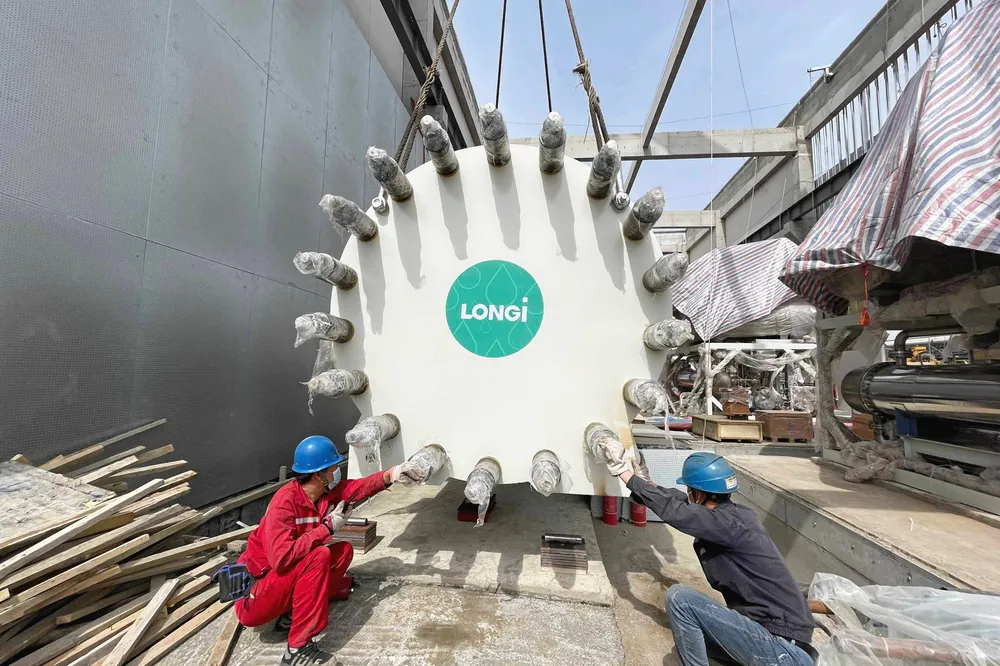Chinese electrolyser companies secure export orders for green hydrogen projects in Middle East and Asia
Longi, Mingyang, and Shuangliang will supply a combined 65MW of equipment

Longi, Mingyang, and Shuangliang will supply a combined 65MW of equipment
